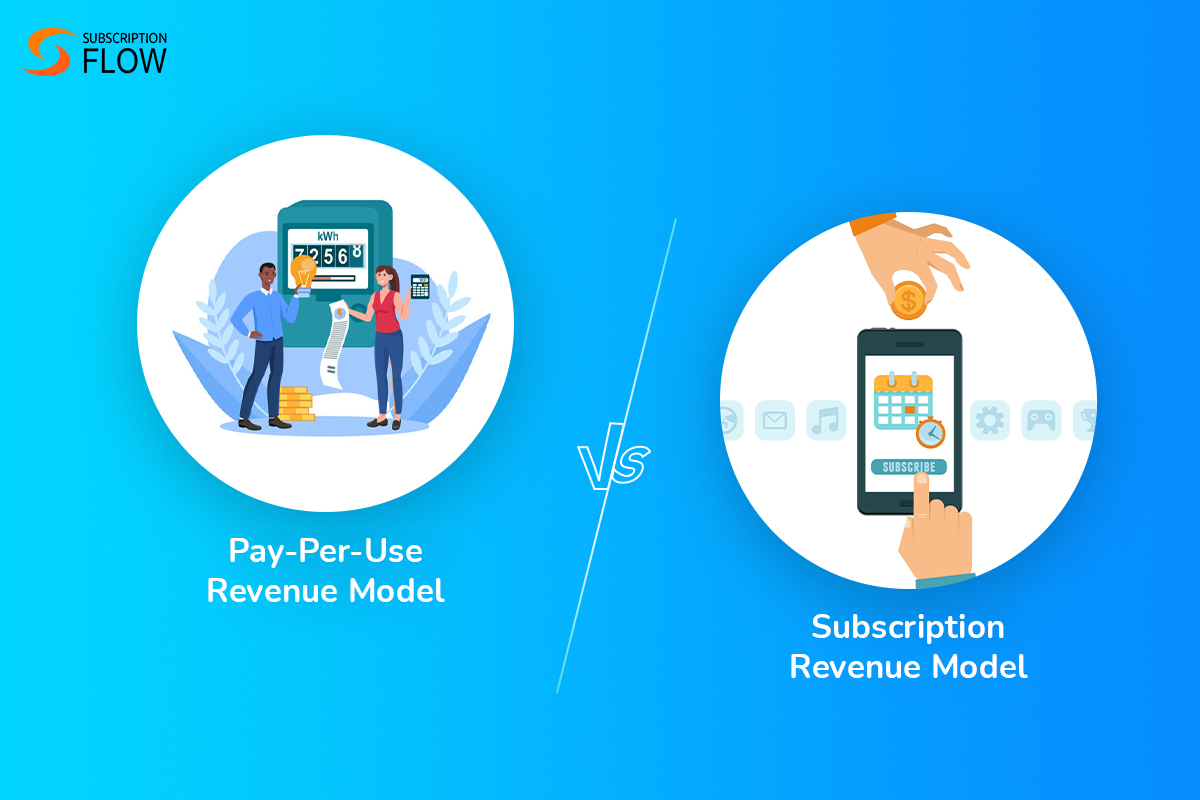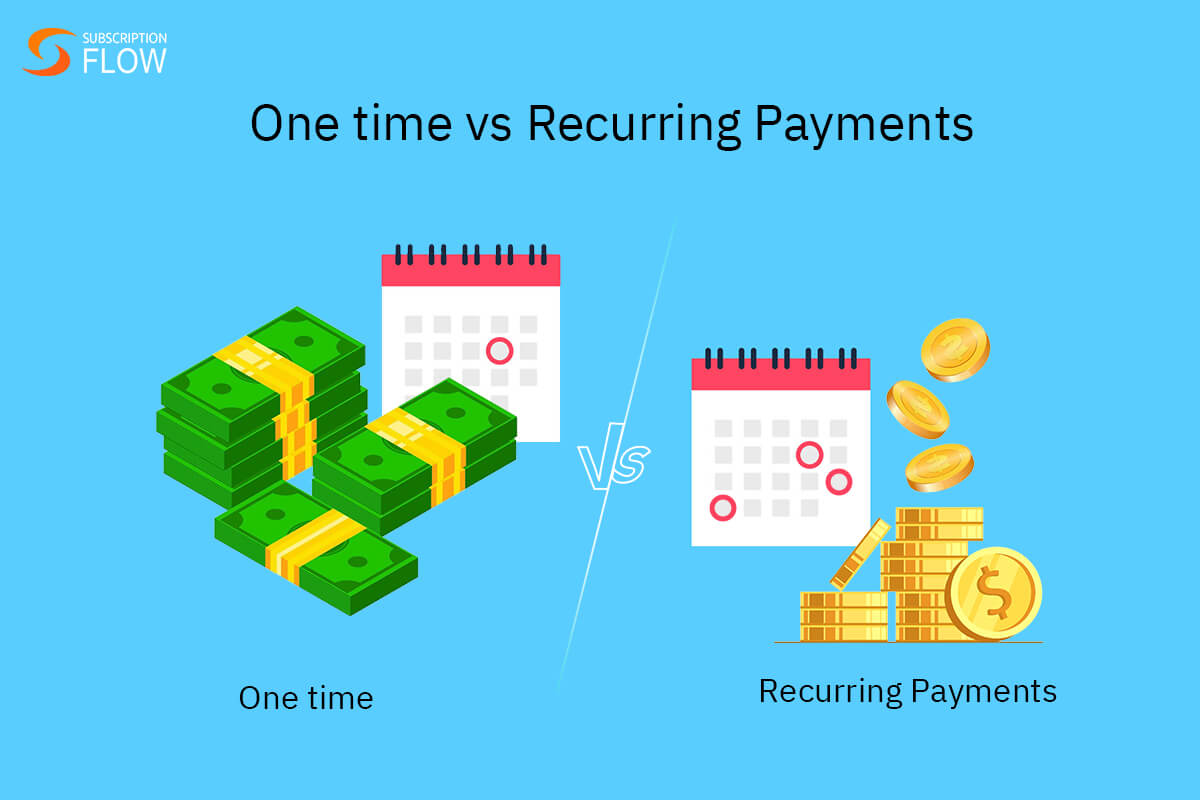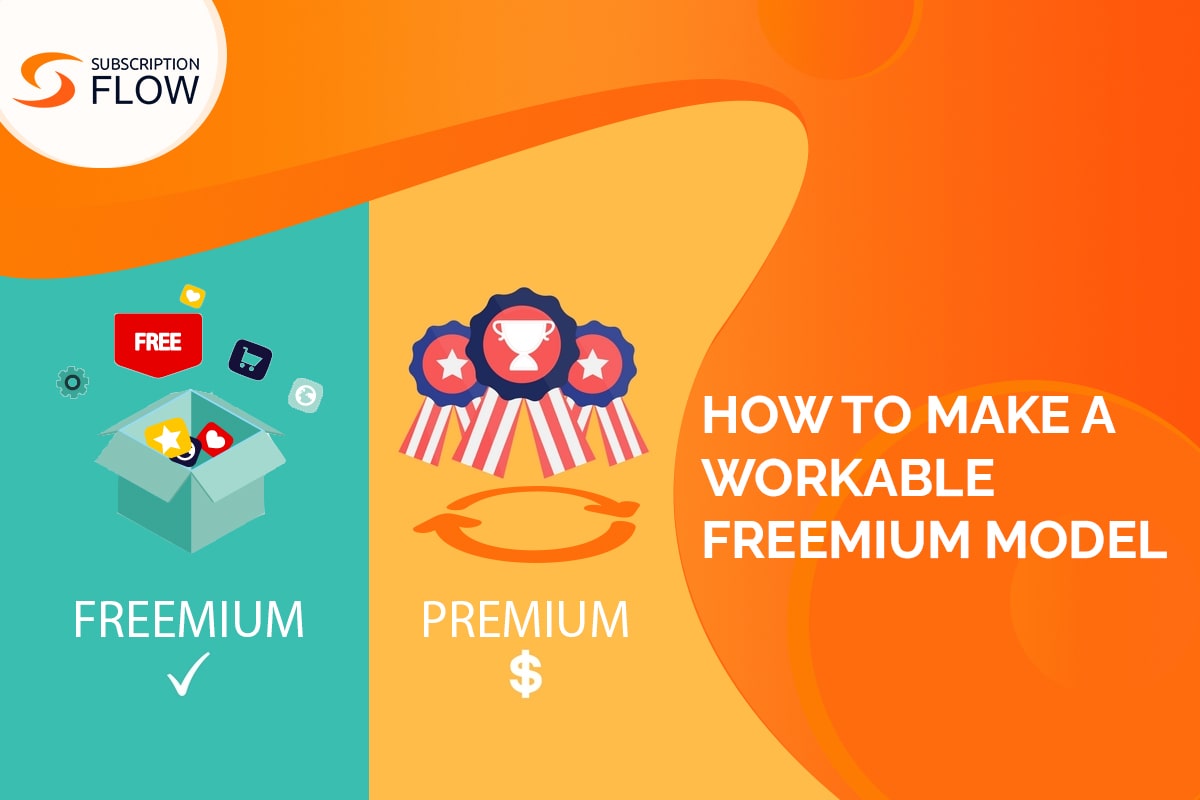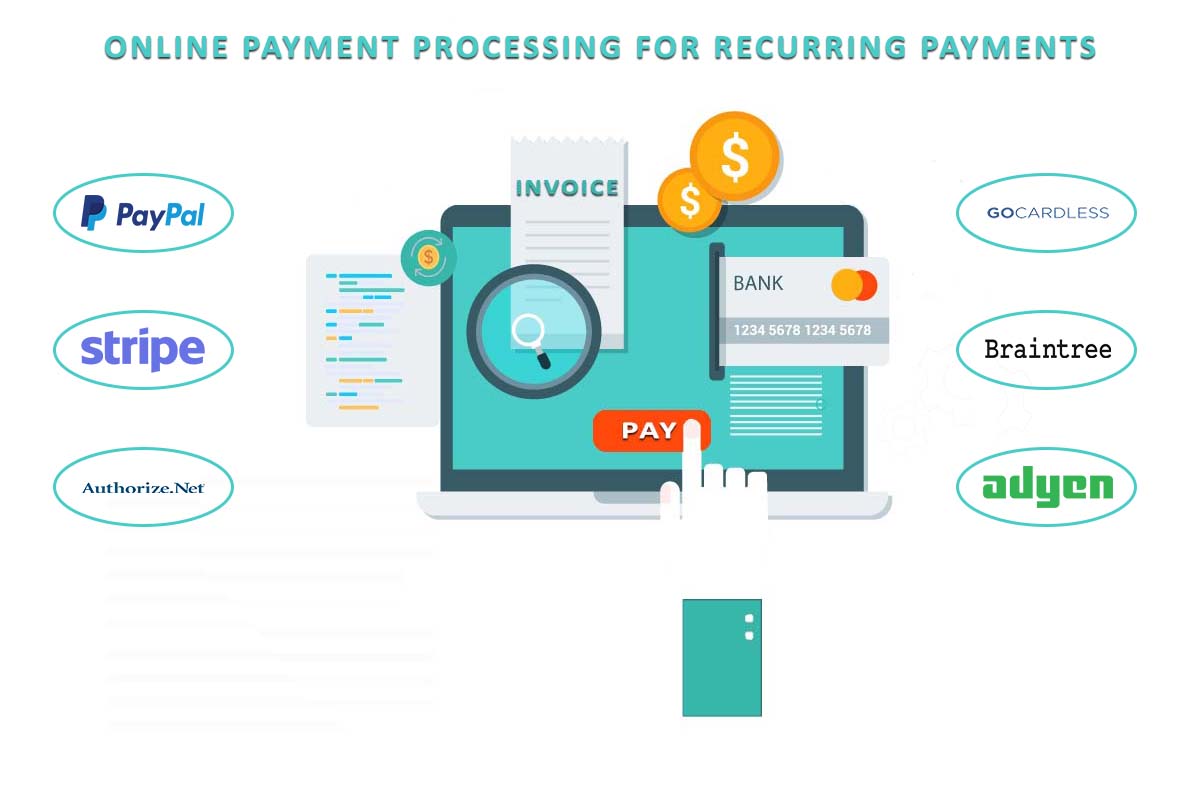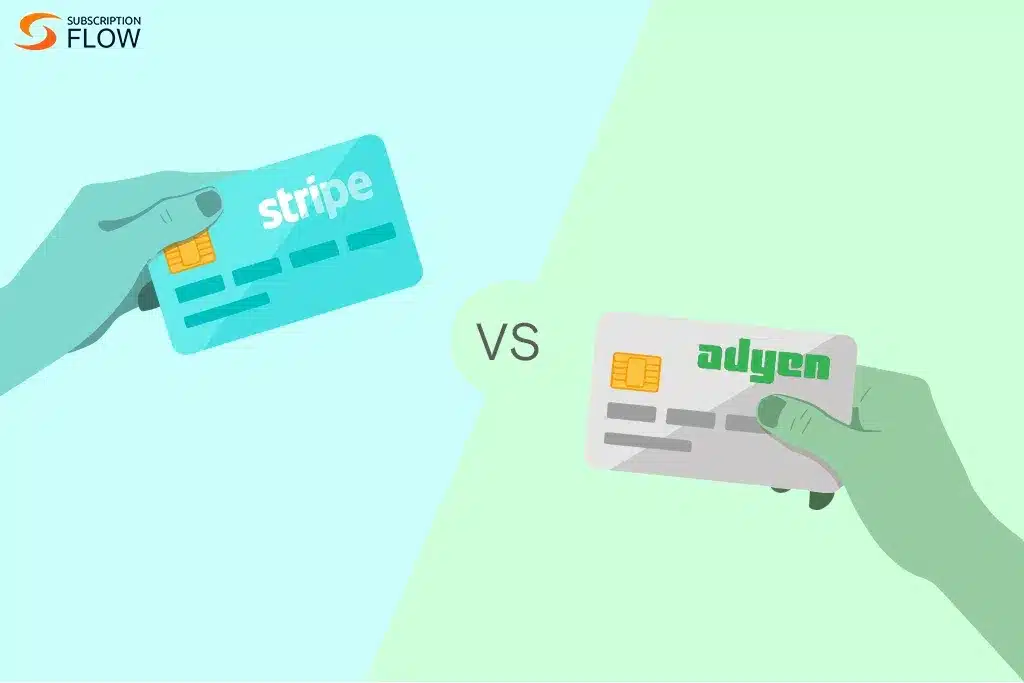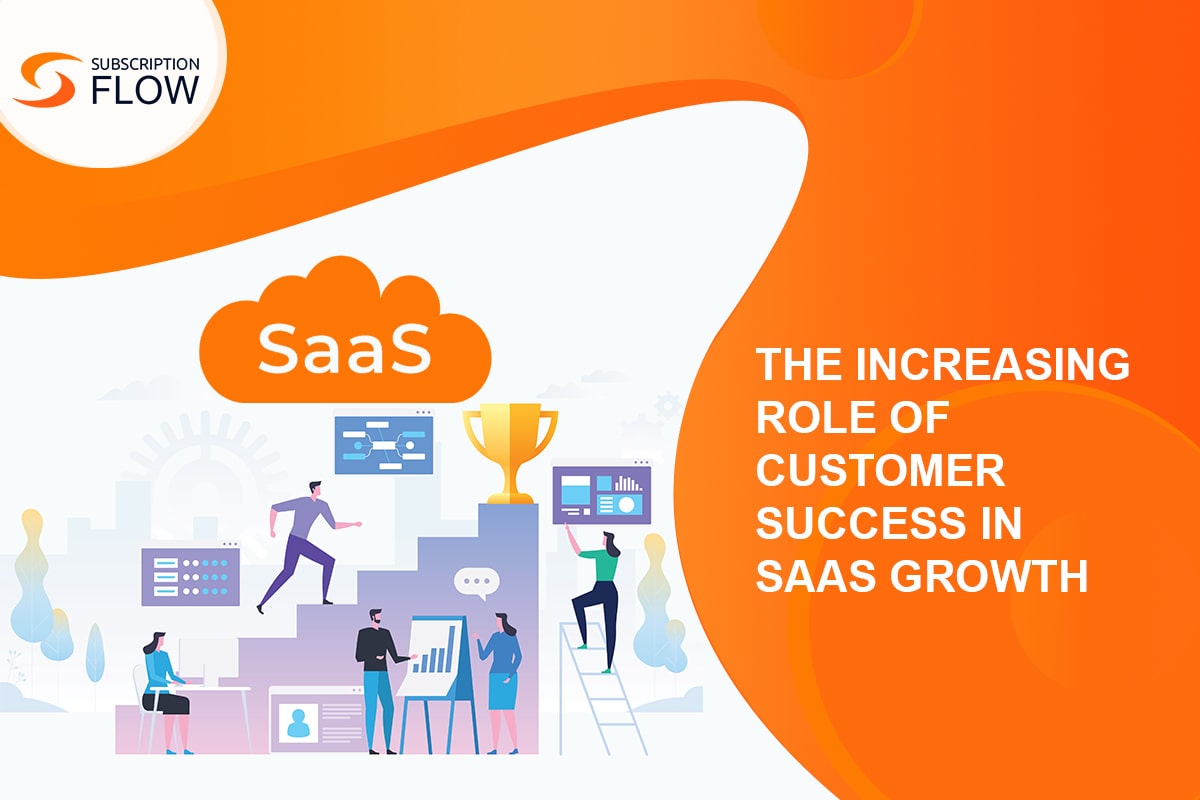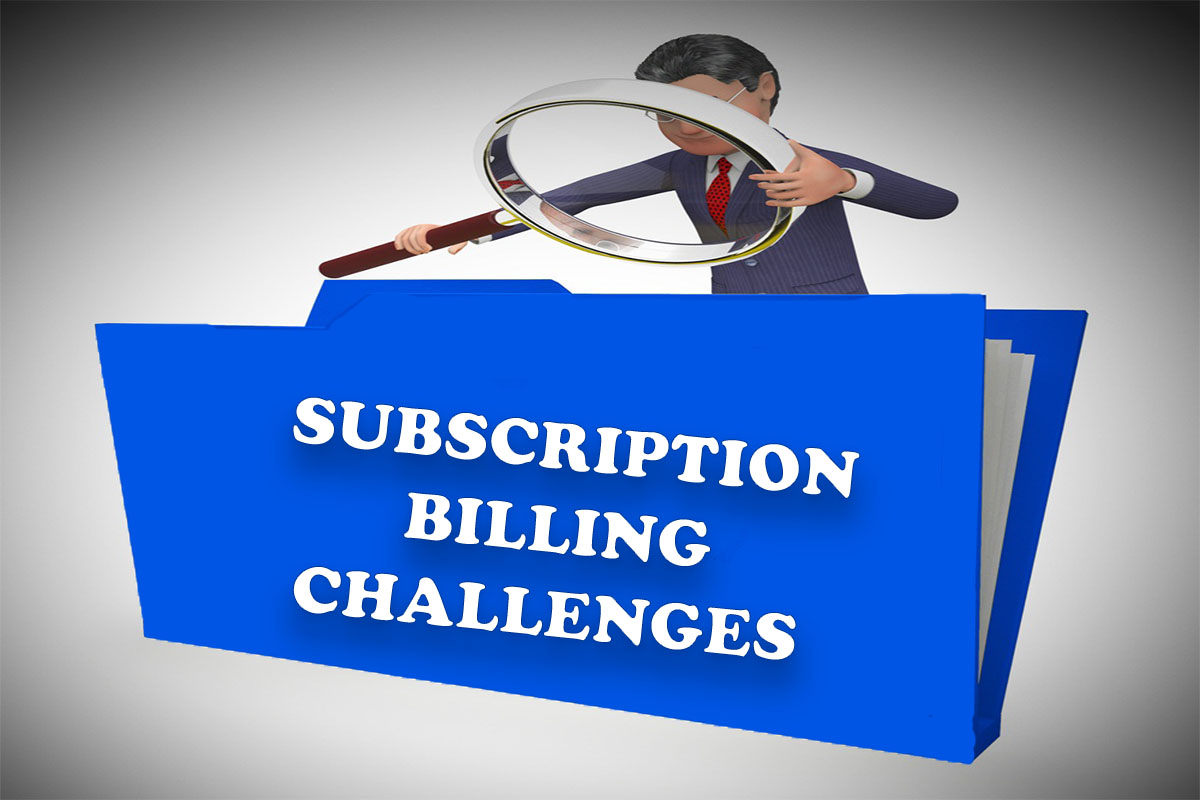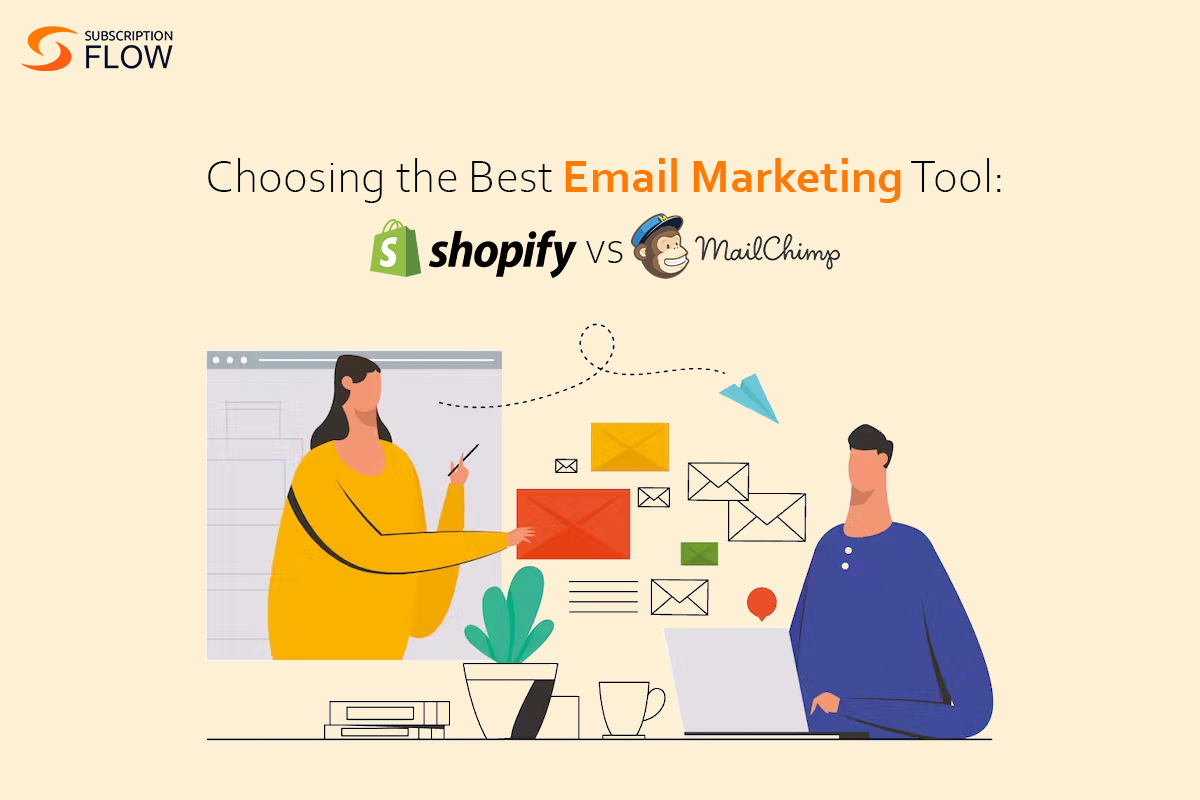
Choosing the Best Email Marketing Tool: Shopify vs MailChimp
In the age of social media dominance, it is easy to wonder: Who reads promotional emails anyway?
When it comes to social media, the Big 3 (Facebook, Instagram, and Twitter) have an abysmal engagement rate of less than 0.6% compared to emails, with an average open rate of 22.86%, and a click-through rate of 3.71%.
The numbers simply speak for themselves, and email marketing remains a cornerstone of successful marketing efforts for both B2C and B2B enterprises, regardless of their size or industry.
In this detailed overview, we delve into the email marketing showdown of Shopify vs MailChimp where we equip you with all the necessary insights to understand how Shopify’s emailing functionality stacks up against MailChimp’s robust email marketing capabilities.
Why is Email Marketing Important?
Email marketing is a powerful digital marketing strategy that businesses and organizations use to communicate with their target audience, build relationships, and promote products or services.
When executed correctly, sending out well-crafted emails backed by a strong strategy increases your brand awareness, builds a loyal customer base, and offers your business an excellent ROI of $36 for every $1 spent. Having said that, email marketing only works as well as the strategies and tools you utilize to execute it.
What Email Marketing Tools Offer?
Fortunately, many software solutions offer an array of features and functionality designed to optimize your emails. From ready-to-use templates and personalization to subscriber segmentation and automated email cadences, these tools hold the key to email marketing success. Our two contenders i.e., Shopify Email and MailChimp are two shining stars in this category.
By the end of this Shopify vs MailChimp comparison, you’ll have a clear understanding of which platform best suits the needs of your business. So, let’s dive in and unlock the untapped potential of promotional emails!
Shopify vs MailChimp: Key Feature Breakdown
Shopify – Email Marketing for E-commerce
Shopify, renowned for its e-commerce prowess, extends its capabilities to email marketing through Shopify Email. Seamlessly integrated with your Shopify store, this tool makes it easy to engage with your customers, automate marketing campaigns, and drive conversions.
The following are some of the key features of Shopify Email:
1. Simplified Setup
With Shopify Email, you can quickly set up email campaigns without the need for third-party integrations. The user-friendly interface simplifies email marketing for your eCommerce store on Shopify.
2. Customizable Email Templates
Shopify gives you access to ready-to-use templates, allows you to add images to create visually appealing campaigns and empowers you to customize the look and feel of your emails.
3. Segmentation and Personalization
Subscriber segmentation is the most effective email marketing strategy and Shopify Email allows you to leverage it. This way you can target specific customer segments based on purchase history, location, or other relevant criteria, enabling personalized and relevant content delivery.
4. Abandoned Cart Recovery
You can leverage automated emails to recover potentially lost sales by reminding customers about their abandoned carts and encouraging them to complete their purchases. To sweeten the deal further you can automate emails with discount coupons in the event of cart abandonment to further incentivize the sale.
5. Reporting and Analytics
You can also gain valuable insights into the performance of your email campaigns with detailed reports on open rates, click-through rates, and more.
6. Pricing Structure
If you are subscribed to any Shopify plan you are entitled to send out 10,000 emails per month for free. Automated emails are counted in this 10,000 and unused emails do not carry forward to the next calendar month. But abandoned checkout automations don’t count and are always free.
Beyond the 10,000 free emails in a month, you pay $1 per 1000 additional emails up to 300,000 emails (checked July 31st, 2023). Volume-based discounts are applicable after you cross 300,00 emails.
MailChimp – Versatile and Feature-Rich
MailChimp has long been a popular choice for email marketing, offering a wide array of features suitable for businesses of all kinds. From small startups to large enterprises, MailChimp caters to diverse needs.
The following are some of the key features of MailChimp:
1. Extensive Integrations
MailChimp seamlessly integrates with various platforms, allowing you to sync customer data, automate workflows, and improve overall efficiency. In this way you are in no way limited to Shopify and can utilize email marketing campaigns while selling on virtually any platform.
2. Advanced Segmentation
MailChimp has advanced segmentation features to break down your audience based on behaviours, preferences, and engagement levels, ensuring that every email reaches the right target audience.
3. A/B Testing
MailChimp also allows you to execute A/B testing of different subject lines, content, and call-to-action buttons to optimize your email campaigns and improve their overall performance. Data shows that QA, A/B and spam testing your emails leads to higher ROI and companies can enjoy up to 28% higher return when you put testing to work for your email program.
4. Automation
You can also set up automated email sequences to nurture leads, set up onboarding sequences for new customers, or strategize re-engagement with inactive subscribers. The automation capabilities of MailChimp far exceed those of Shopify Emails.
5. Pricing Structure
MailChimp offers a Free, Essentials, Standard and Premium plans for $0, $13, $20, and $360 respectively with email limits of 1000, 5000, 6000, and 150,000 each with limits on users and audiences.
Making the Choice
The decision between Shopify and MailChimp largely depends on the unique requirements of your business. Here are some factors to consider:
1. E-commerce Focus
If your business heavily relies on e-commerce and you are already using Shopify as your e-commerce platform, Shopify Email could be a seamless choice. It ensures a unified experience, with data synchronization and streamlined customer management.
2. Versatility
On the other hand, if you operate a diverse business that requires extensive integrations and advanced features, MailChimp’s versatility and extensive third-party integrations may better suit your needs.
3. Scalability
Consider the future growth of your business. MailChimp’s scalability makes it an attractive option for businesses with expansion plans.
4. Cost-effectiveness
MailChimp is cheaper than Shopify if you send out 100,000 emails per month, but it depends on the number of emails you send out.
MailChimp vs Shopify: Final Thoughts
In the competitive world of email marketing, choosing the right tool is critical to your success. Both Shopify and MailChimp offer unique strengths and features, catering to different business requirements. Shopify Email is an excellent choice for businesses heavily invested in e-commerce, providing seamless integration with Shopify stores and straightforward campaign setup. On the other hand, MailChimp’s versatility, extensive integrations, and advanced features make it a strong contender for businesses seeking a robust email marketing solution.
The good news is SubscriptionFlow integrates with both Shopify and MailChimp so you can manage subscriptions as you grow your business.
Evaluate your business needs, growth projections, and the features that align best with your marketing objectives. By doing so, you’ll be better equipped to make an informed decision and select the best email marketing tool that drives engagement, conversions, and long-term customer loyalty. Happy email marketing!
Book a demo with a SubscriptionFlow expert now to learn more about how you can scale and optimize your subscription business!

